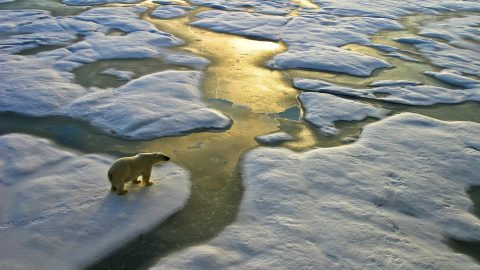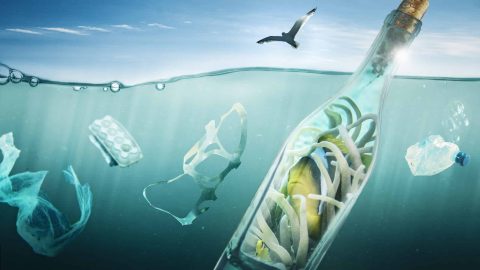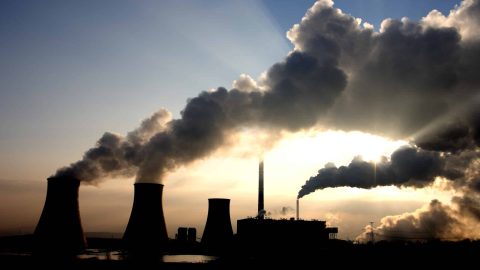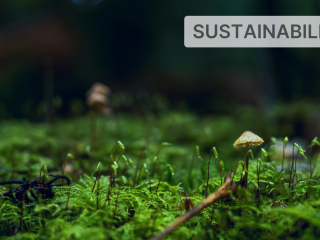The first quarter had a few surprises in store for the markets. The US tariff announcements shook the markets to the core and caused a volatile stock market environment. The environmental technology sector was not spared either. What is the outlook for the sector? We asked fund managers Clemens Klein and Alexander Weiß in a double interview.
All articles on the topic “Sustainability”
Meat consumption and how it is connected to antibiotics in beef (Editorial)
“I just wanted to tell you, your cow Elsa is dead.” An old sketch as an excuse to bring up bad news. What this has to do with meat consumption and antibiotics, you will read in our new post.
Global risks: ghost drivers
An old saying in the industry says: fund management is risk management. The risks that need to be managed have changed noticeably and have become global ecological risks.

Cognitive dissonance in climate policies
If an important actor dissolves his cognitive dissonance by not only repressing the problem, but simply denying it, then this also has global consequences. The most important global decision-makers currently regard ESG (Environmental, Social and Governance) risks, above all environmental risks, as the greatest risks. Read more about cognitive dissonance in our new ESG Letter about Global Risk.

2020 – the critical year
Not many people live to see the world at the threshold of a historically unique shift. But that is exactly where we are right now. Although we have known for many years that we are taking the planet to its limits, the scientific results have never been as clear as today. The drastic decline in […]
Water risks in investments
On the occasion of the World Water Day on 22 March, Erste Asset Management (Erste AM) published its second water footprint for its sustainable equity funds. “We set an important milestone by publishing water risks last year in order to induce companies to release their own water data. Data coverage has improved significantly since then […]

Climate Action 100+: global responses to global risks
100 companies together account for about two thirds of global greenhouse gas emissions. Can these companies be persuaded to rethink their environmental strategies? Read it about it here!
Global risk – facts & figures
Read more articles from this issue of our ESG* letter here. *ESG stands for Environmental, Social and Governance“ – These are the three broad categories according to which companies are examined in sustainable investment. Disclaimer: Forecasts are not a reliable indicator for future developments.

Climate risks: why we are not adjusting fast enough
The consequences of climate change are becoming clearer by the day. 3 of the top 5 risks for the economy are classified as hailing from the climate category.
A very boozy Christmas
Who doesn’t know it – sitting together in a boisterous atmosphere, with a glass of champagne in your hand. Or two. Christmas is the celebration of joy, of Christmas markets, and of excessive alcohol consumption: a good reason for us to dedicate this ESG Letter to the topic of alcohol.
What does climate change have to do with alcohol? – Investment Board
The big chateaux in the Bordeaux region, Hofbräuhauses, and abbey distilleries: alcohol is a distinctive cultural good. It is not by accident that big events are always accompanied – and fuelled – by alcoholic beverages.











